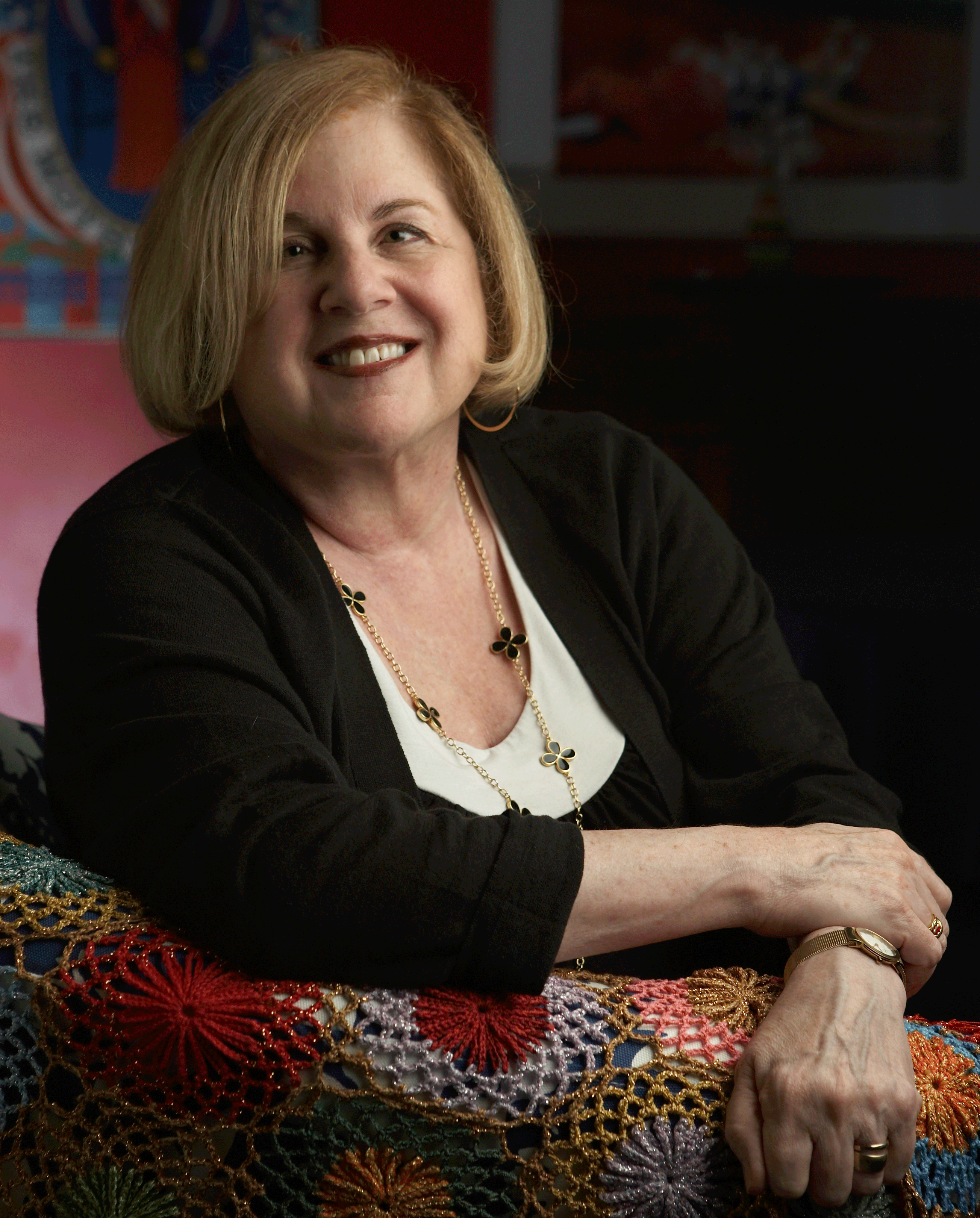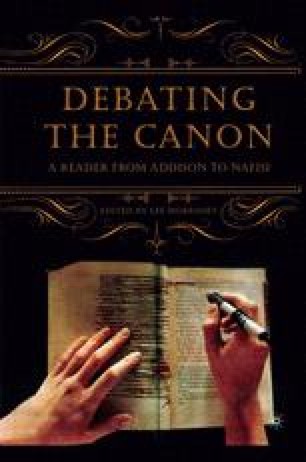

But she finds that they didn't quite have the nerve to push things as far as they might have, and were overtaken by the political campaigning literature around the turn of the century, which Showalter finds of little literary interest, being so concerned not to distract attention from the Suffrage issue by offending other sensibilities. There was almost a breakthrough with the sensationalist writers of the sixties and seventies (Mary Elizabeth Braddon and the many imitators of her bestseller Lady Audley's secret), and Showalter has obviously had a lot of fun rediscovering their work.

Geniuses like George Eliot and Charlotte Brontë were able to circumvent it to some extent by using non-explicit techniques to get their message across, but for most writers it meant at least a fudged ending to their stories, if not an abject surrender to convention. She sees this active or passive censorship (vividly dramatised by Woolf in her famous lecture) as the thing above all others limiting the literary achievement of women during this period. The point Showalter keeps coming back to in her discussion of women novelists in nineteenth and early twentieth century Britain is how what women could write about was constrained by their own upbringing, social norms and - above all - the prejudices of (real or imaginary) male readers. (Virginia Woolf, "Professions for women" (1931), in The death of the moth) The consciousness of - what men will say of a woman who speaks the truth about her passions had roused her from her artist’s state of unconsciousness. Men, her reason told her, would be shocked. To speak without figure she had thought of something, something about the body, about the passions which it was unfitting for her as a woman to say. She was indeed in a state of the most acute and difficult distress.


 0 kommentar(er)
0 kommentar(er)
